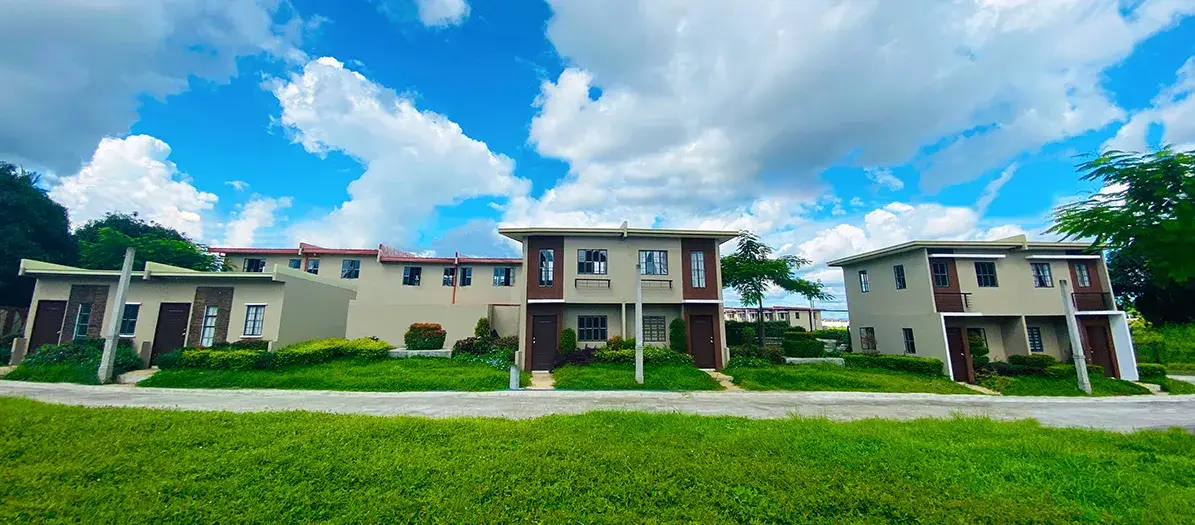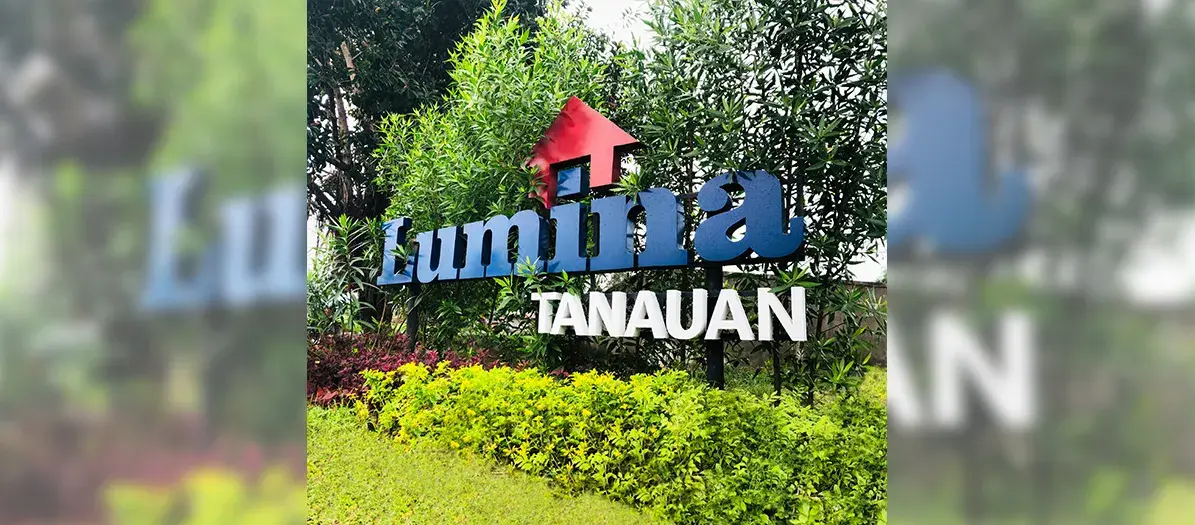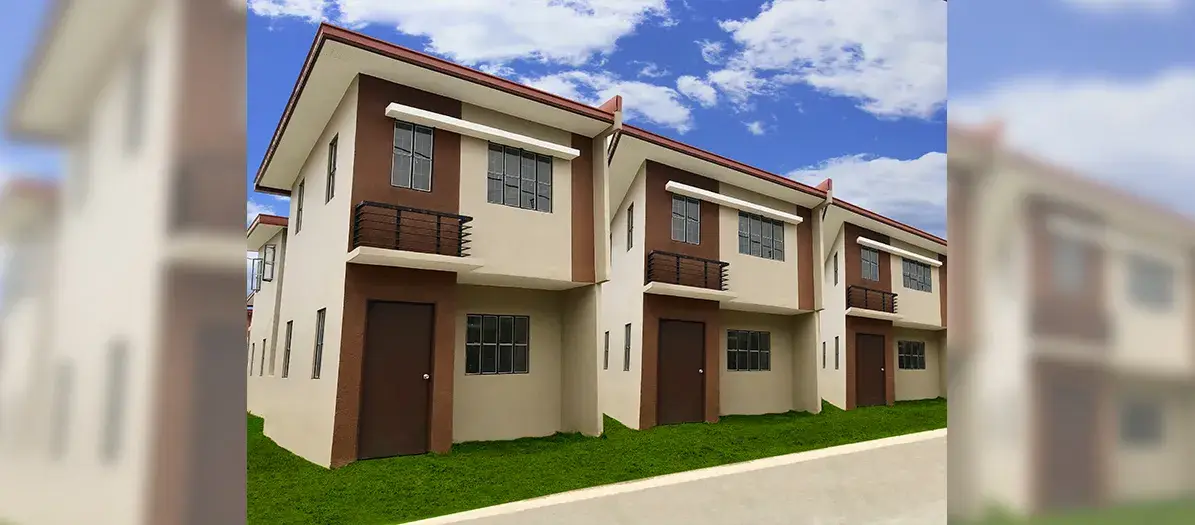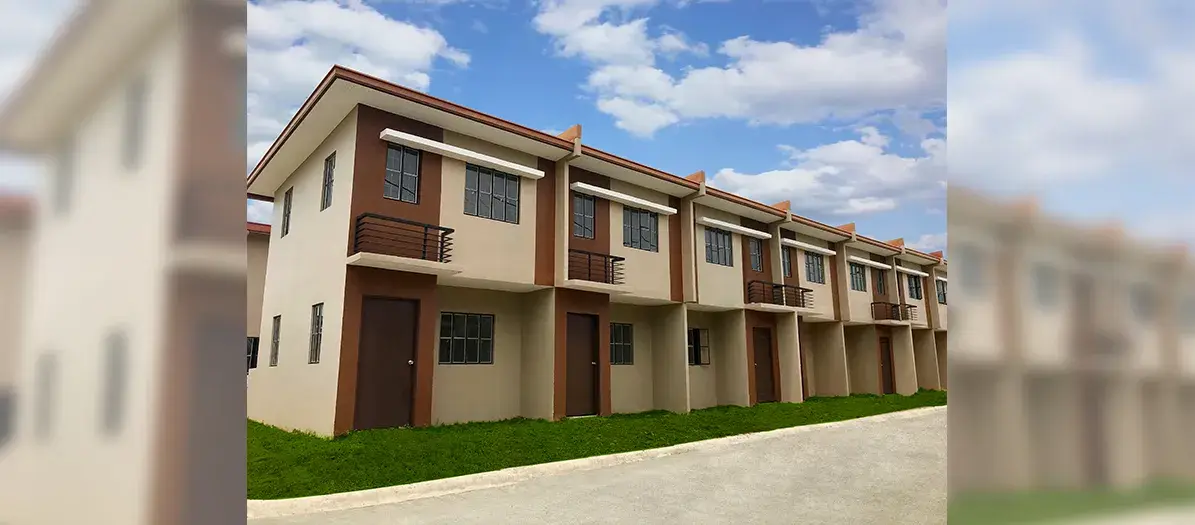MRT 7 and the Importance of Rail Transits in PH
28 September 2021
Public transportation is one of the most vital necessities that people who live in the modern world needs. It's basically the bread and butter of most people in the Philippines, especially in their careers and businesses.

Metro Rail Transit cut travel time for many Filipinos
In fact, with the help of public transportations, individuals may get to their destinations efficiently. They can conveniently access their jobs, community services, health care, and leisure activities all across the country. Most Filipinos do not possess a vehicle and must use public transit. That is why public transportations definitely help both those who want to travel and those forced to go commuting when going to their work. In short, public transportation makes the everyday life of each Filipino more bearable by providing essential mobility to everyone.
Significance of Rail Transits in PH
One of the fastest and well-known public transportations in the Philippines is the rail transit system. Aside from helping people reach their destination sooner, it also somehow reduces traffic congestion around the city by encouraging people to utilize it instead of their private vehicles. Rail transits providing high-quality transportation services unquestionably have a significant impact on the city's economic viability.
Apart from this, rail transits are a safer option compared to other modes of transportation on land. It's true that rail transits can be very efficient in terms of passengers and freight use. It also has some great benefits in terms of energy efficiency. Although when it comes to its versatility and capital, rail transit systems are less flexible and require more capital than road transport.
About the MRT and LRT lines
Passengers are transported mainly inside Metro Manila and the neighboring province of Laguna, as well as a commuter service in the Bicol Region through the Philippine rail transit. Transport of freight was also previously available in the country; however, these services were already terminated.
The Philippines' rail system comprises two commuter lines managed by the Philippine National Railways or PNR. There are also three urban mass transit lines run by the Light Rail Transit Authority and the Metro Rail Transit Corporation to get around in Manila.
Currently, Lines 1 and 2 of the Manila Light Rail Transit System or LRT and Line 3 of the Metro Manila Rail Transit System or MRT provide urban rail services in the Philippines. Besides their operating firms and routes, there is basically no difference between the two.
In contrast to the LRT, which is presently managed by the Philippine government, the Metro Rail Transit Corporation (MRTC) is a private organization comprised of seven Filipino-owned businesses. Meanwhile, the LRT is run by the Light Rail Transit Authority (LRTA), a joint venture between the Department of Transportation (DOTr) and the Light Rail Manila Corporation.
LRT Routes
Currently, there are two lines and 43 stations on the LRT system.

Routes of LRT Trains
LRT Line 1
Line 1 of the Manila LRT system, often known as the Green Line, is the city's first metro line. The line connects Paranaque City's Baclaran district with Quezon City's Congressional Ave. in Metro Manila. Here is the list of LRT 1 stations:
- Baclaran
- Edsa
- Libertad
- Gil Puyat
- Vito Cruz
- Quirino
- Pedro Gil
- United Nation
- Central Terminal
- Carriedo
- Doroteo Jose
- Bambang
- Tayuman
- Blumentritt
- Abad Santos
- R. Papa
- 5th Avenue
- Monumento
- Balintawak
- Roosevelt
LRT Line 2
Line 2 of the LRT was built from 1996 to 2003. Stations like Santolan and Katipunan were included in Phase One, which started operations on April 5, 2003. Phase Two was launched on April 5, 2004, and stretched from Betty Go-Belmonte to Legarda Station. Now, LRT 2 has its East Extension that includes Marikina and Antipolo.
- Recto
- Legarda
- Pureza
- V. Mapa
- J. Ruiz
- Gilmore
- Betty Go-Belmonte
- Araneta-Cubao
- Anonas
- Katipunan
- Santolan
- Marikina
- Antipolo
MRT Routes
On the other hand, the MRT has one operating line and two more in the planning stages, with the following 13 stations:
- North Avenue
- Quezon Avenue
- GMA – Kamuning
- Araneta Center – Cubao
- Santolan – Annapolis
- Ortigas
- Shaw Boulevard
- Boni
- Guadalupe
- Buendia
- Ayala
- Magallanes
- Taft Avenue
MRT 7 Project Update
Due to an increase in commuter traffic, the MRT built a second line, dubbed as the MRT 7.

MRT Line 7 Project will cut travel time to at most 800,000 Filipinos
Philippine MRT Line 7 is a 22.8-kilometer elevated rapid transit line currently under development. The Philippine Department of Transportation or DOTr manages the project. The new line's construction started in April 2016, and more than half of it is already completed. In fact, as of September 27, the DOTr reported that the Metro Rail Transit Line 7 (MRT-7) will begin to operate by April 2022.
MRT-7's first two train sets, or six train cars, have already arrived in the country from South Korea on September 7. As of early this year, San Miguel Corp. also said that they are expecting to receive 108 coaches in the following months. The trains were purchased by San Miguel Corporation from South Korean rail company Hyundai Rotem under the guidance of Korea Railroad Corp., the country's main rail manufacturer.
Each direction of this Php 63 billion new line project is estimated to transport around 28,000 people each hour, and that number may rise to about 36,000 with further improvements. According to early estimates, it will service approximately 350,000 people each day, but that number is expected to rise to 800,000 after the upgrades are all completed.
There will be 14 stations along the elevated route, which would stretch from North Avenue in Quezon City to San Jose del Monte in Bulacan:
- Quezon North Avenue joint Station
- Quezon Memorial Circle
- University Avenue
- Tandang Sora
- Don Antonio
- Batasan
- Manggahan
- Doña Carmen
- Regalado
- Mindanao Avenue
- Quirino
- Sacred Heart
- Tala
- San Jose Del Monte Bulacan
The MRT line 7, which would serve commuters along the congested Commonwealth Avenue, will substantially decrease traffic, minimize travel times, and aid in traffic decongestion on the North Luzon Expressway's (NLEx) Caloocan and Balagtas Interchanges.
Related Articles:
COMELEC Extends Voters Registration
Guide to Different Types of Women's Shoes
***
For more information about the house and lot for sale in Bulacan by Lumina Homes, contact (0917) 629 6523.
Visit our official website at www.lumina.com.ph and like/follow our official online channels: Facebook, Twitter, Instagram, YouTube, Google MyBusiness & Google Maps, Pinterest, Spotify, Viber, Telegram, Lazada, and Shopee.
Loan Calculator
Try Lumina Homes' loan calculator and get an estimate computation for your preferred Lumina property and home model.













